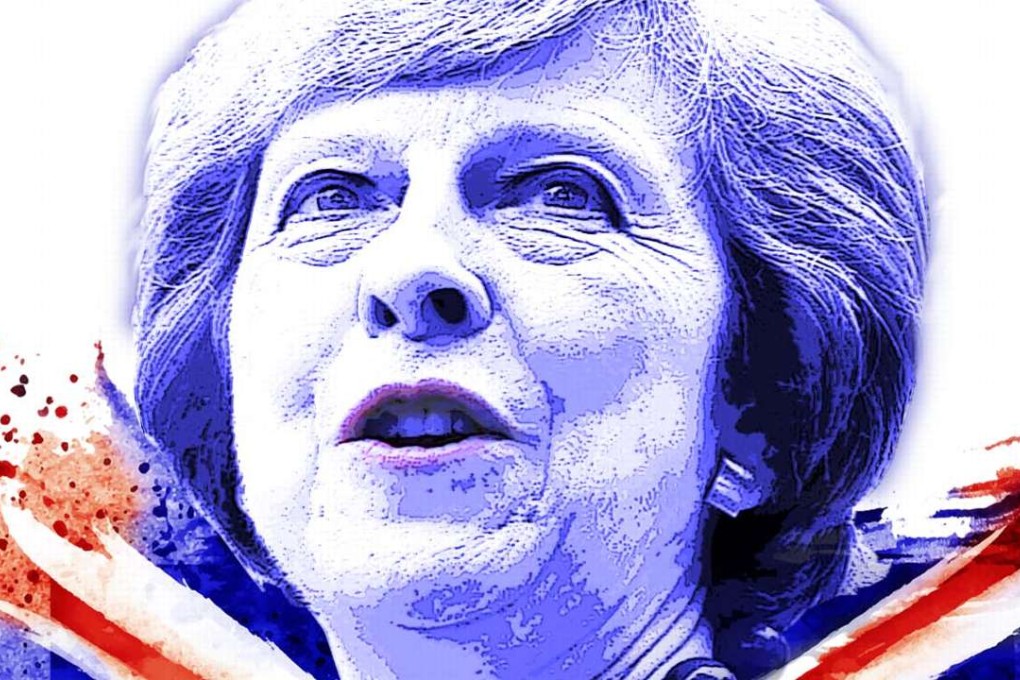Chain reaction: will nuclear plant decision herald tougher times for Sino-British ties?
In the first of a series of stories on China’s relations with other G20 members ahead of the G20 summit in Hangzhou, the South China Morning Post looks at the roller-coaster ride Sino-British relations went through in six years under former British prime minister David Cameron and the fate of a much vaunted ‘golden era’ in bilateral ties under his successor, Theresa May

Deal or no deal? The new British government’s 11th-hour decision to reconsider a proposed nuclear joint venture with China is not just about business, but also about the future of diplomatic relations between two influential nations.
It is no longer ‘investment at any cost’ which seemed to be the approach under Cameron and Osborne
It not only casts a shadow on recent, dynamic Sino-British economic cooperation, but also risks taking the sheen off a hard-won “golden era” of “special relations” between the world’s second- and fifth-largest economies. That China is the world’s last major communist-ruled nation and Britain a major Western democracy only adds to the stakes, along with the fact that they are both permanent members of the UN Security Council.
Just hours before a scheduled signing ceremony on July 30, Theresa May, the new British prime minister, announced Britain was postponing approval of the £18 billion (HK$183.2 billion) Hinkley Point nuclear power station, apparently because of security concerns about Chinese investors involved in the project.
Multimedia: G20 in Hangzhou – the face of China’s heritage, achievements and aspirations
The reaction of China’s state-run media went as far as warning that the decision could spell the end of the “golden era” in bilateral relations proclaimed by President Xi Jinping and May’s predecessor, David Cameron in October last year during Xi’s high-profile state visit to London, when he was met with the “reddest red carpet”. Commentaries in state media were overwhelmingly sceptical about the new British leader’s China policy, describing May as a conservative politician who was as tough as her female predecessor Margaret Thatcher, dubbing her Britain’s second “iron lady”.

Analysts said the decision had clouded the future of Sino-British relations in the post-Brexit era following Britain’s June vote to leave the European Union. They said the strength of the bilateral relationship would be tested when Xi and May meet next month on the sidelines of the G20 summit in the eastern Chinese city of Hangzhou.
Feng Zhongping, an expert on Sino-British relations and director of European studies at the China Institute of Contemporary International Relations in Beijing, said the meeting, May’s first with Xi as British prime minister, would “set the tone of post-Brexit relations”.
Most analysts agreed that any decision to stop the project would have a serious impact on overall relations.